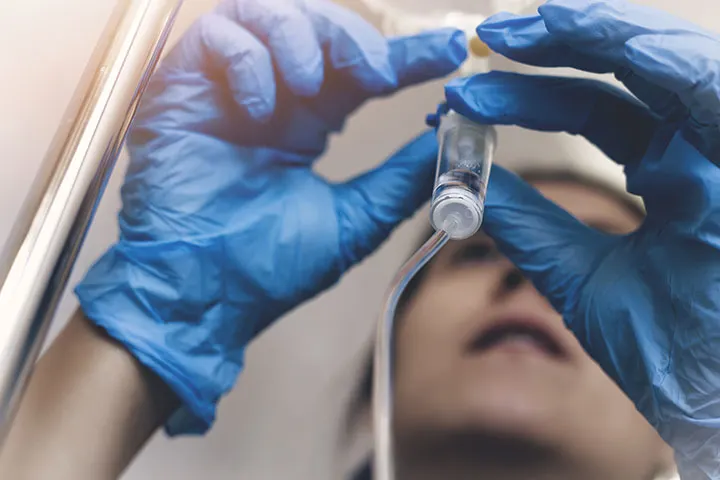3 Major Types of Infusion Pumps

Infusion pumps are devices used to deliver fluids into a patient's body. The use of infusion pumps has been around since the late 1960s. These devices provide both medication and nutrients in controlled amounts. These tools are usable in all medical facilities for treatment purposes, and they are operated by professional medical practitioners, who know how to program the duration and rate of fluid delivery.
Infusion pumps are better than manual fluid administration pumps because they can deliver fluids at precise frequencies, volumes, and intervals. You can use these pumps in providing medications such as pain relievers, chemotherapy drugs, antibiotics, and insulin, among many others. This article presents to you the main classes of infusion pumps and their distinguishing characteristics.
Common kinds of infusion pumps
There are diverse categories of infusion pumps. You can classify Infusion pumps into different groups based on varying factors. But there are three major classes of infusion pumps that stand out. These infusion pump types include:
- Infusion pumps classified by function
- Infusion pumps organized by the volume of the fluid delivery
- Infusion pumps classified by their mobility
Different types of IV pumps based on mobility
Ambulatory infusion pumps
Ambulatory infusion pumps are lightweight infusion pumps often used in treating people with debilitating diseases. Sometimes patients with debilitating conditions need to move around with their medical infusions because they require medication throughout the day. Mobile and lightweight infusion pumps help such patients to be transported while still receiving their medication. This kind of lightweight infusion pump solves the challenge of delivering medical infusions while on the go.
Stationary infusion pumps
Unlike the portable, lightweight infusion pumps, stationary infusion pumps don't need to be compact and light because they don't require movement. Bedridden patients with chronic conditions often need medication or dietary infusions. The stationary pumps provide bedside IV infusions for patients who require frequent bedside nutrition or medicine. Unlike lightweight infusion pumps, stationary pumps don't have to be light.
Categorization of Infusion Pumps Based on Fluid Volume Delivery
There are two types of infusion pump categories defined by the volume of infusions that they deliver.
Syringe pumps or small volume infusion pumps
These are infusion pumps that deliver low medication volumes for medication required in small quantities. Many times these are used on babies and young children. These infusion pumps are ideal in providing medication in small amounts such as hormones, which you can deliver through a controlled motor mechanism that uses a pumping system that works like a plunger.
Large volume pumps (LVPs)
The LVPs are infusion pumps, which infuse large volumes of nourishment or medication fluids. The LVPs often employ electronic peristaltic pumps. The pump is controlled by manual means or through a computer-controlled roller.
Classification of infusion pumps based on their functions
When considering the use, there are two types of infusion pumps. These include specialty pumps and traditional pumps.
Specialty pumps
Specialty infusion pumps are designed to fulfill the needs of exceptional medical cases. They are commonly used in homecare delivery or the treatment of particular conditions such as diabetes. The specialty infusion pump category has three main classes of pumps, which include implantable, enteral, and insulin infusion pumps.
Traditional infusion pumps
You can use traditional infusion pumps in medical settings such as mobile, home, and long-term care settings. These pumps are usable in both stationary and mobile environments to administer pain medication, antibiotics, chemotherapy medication, and hydrating fluids. The traditional infusion pumps are further subdivided into three categories, which include:
- Syringe infusion pumps
- Disposable pumps
- Large volume pumps
- Elastomeric pumps
Do you or anyone close to you require an infusion system for medical purposes? Take your time to determine their medical needs and the ideal infusion pump for their medical requirements. A perfect choice will guarantee the proper delivery of medication or dietary needs and quick recovery for the patient.
